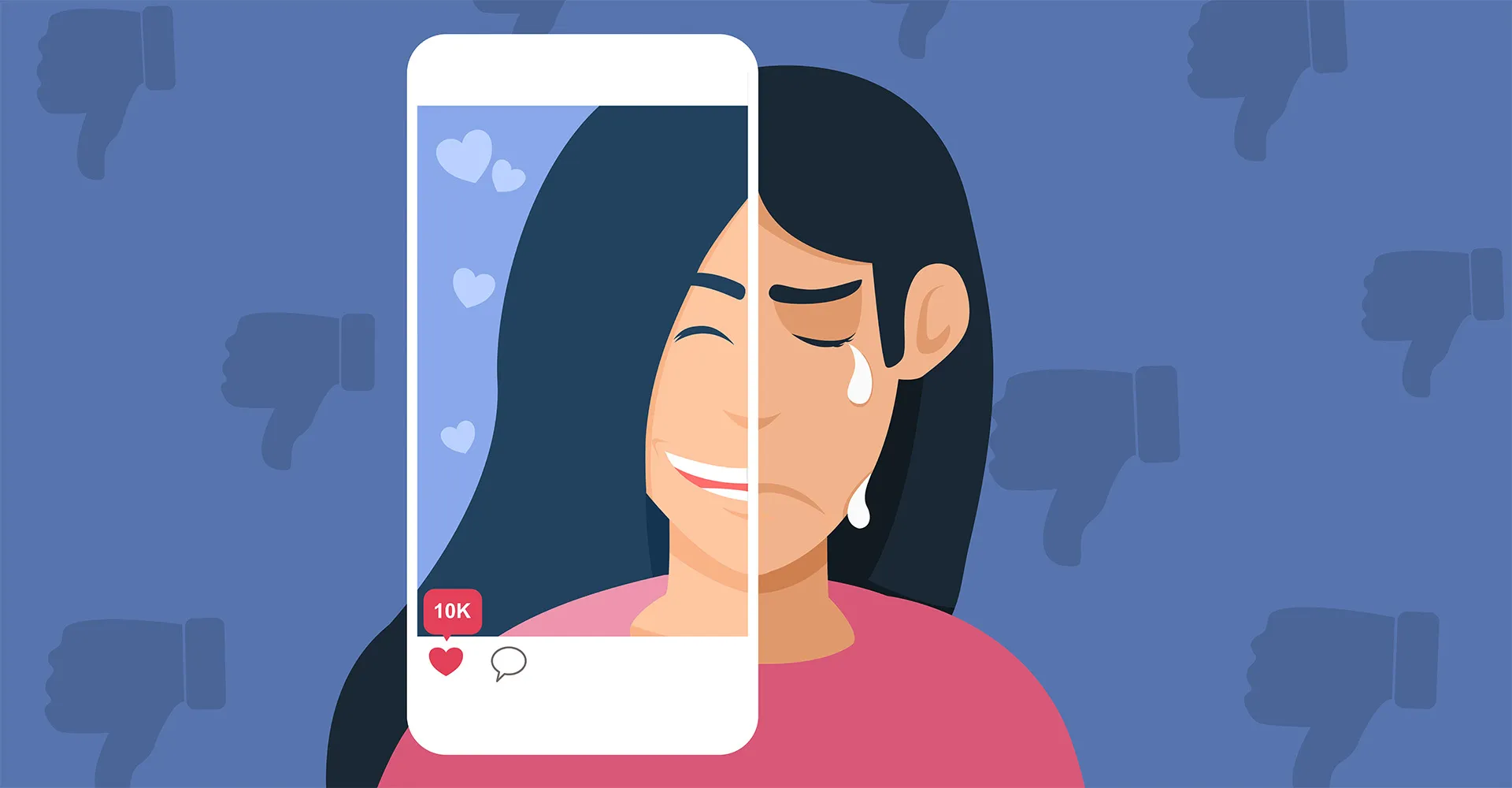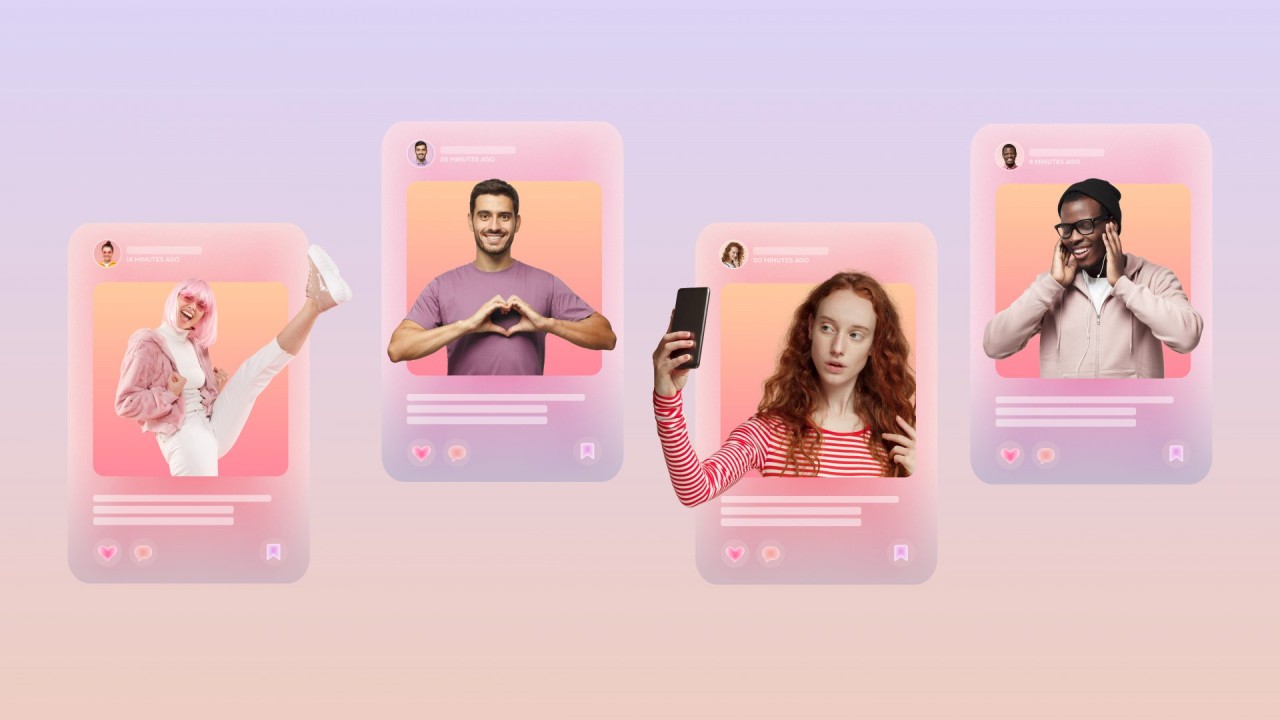Social media is deeply embedded in our daily lives in today’s digital world. Platforms like Instagram, Facebook, Twitter, and TikTok offer opportunities to connect with others, share experiences, and discover new content. However, while social media has many benefits, it also comes with significant mental health challenges. From the pressure to constantly engage and curate a perfect image to the endless comparisons with others, it’s easy to feel overwhelmed and burnt out. So, how can we use social media in a healthy, balanced way without letting it negatively impact our mental well-being?
The Link Between Social Media and Mental Health
Numerous studies have explored the connection between social media use and mental health. While social media can promote feelings of connection and community, it has also been linked to increased levels of anxiety, depression, and loneliness. One key factor is the constant exposure to idealized images and lifestyles. Social media feeds are often filled with posts highlighting the best moments of people’s lives, leading to unrealistic expectations of success, happiness, and beauty.
This “highlight reel” effect can create feelings of inadequacy and low self-esteem, particularly when users compare their own lives to the curated content they see online. Additionally, the addictive nature of social media—designed to keep users scrolling—can lead to prolonged screen time, which disrupts sleep, reduces physical activity, and increases feelings of stress and isolation.
Signs of Social Media Burnout
Social media burnout can manifest in several ways. You may feel anxious or stressed when checking notifications, overwhelmed by the constant flow of information, or experience fatigue from engaging with content. It’s common to feel disconnected from reality, as the virtual world overshadows real-life relationships and activities.
If you constantly compare your life to others online or feel drained after scrolling through your feed, it may be time to reassess your social media habits. Recognizing the signs of burnout is the first step toward reclaiming your mental health.
Strategies for Using Social Media Mindfully
Set Boundaries and Time Limits
One of the most effective ways to avoid burnout is to set boundaries around social media use. This can include limiting the time spent on platforms daily or establishing designated times to check your feed, such as in the morning or evening. Many smartphones offer built-in features to track and limit screen time, which can be a valuable tool for staying on track. By setting clear limits, you can reduce the temptation to scroll and take control of your social media consumption mindlessly.
Unfollow Accounts That Cause Negative Feelings
Not all content on social media is beneficial for your mental health. If certain accounts or types of content make you feel inadequate, anxious, or sad, it’s okay to unfollow or mute them. Surround yourself with content that uplifts and inspires you, whether it’s motivational quotes, educational content, or accounts that promote body positivity and mental wellness. Remember, social media should serve you, not the other way around.
Engage in Meaningful Interactions
While getting caught up in passive scrolling is easy, try to shift your focus to more meaningful interactions. Comment on posts that resonate with you, engage in conversations with friends and family or join online communities that align with your interests. Active engagement fosters connection and can lead to more fulfilling experiences on social media rather than just consuming content passively.
Practice Digital Detoxes
Regular breaks from social media can be an effective way to reset and avoid burnout. A digital detox doesn’t mean altogether abandoning social media but instead intentionally stepping away for a set period—whether for a few hours, a day, or even a weekend. Use this time to reconnect with offline activities, such as exercising, reading, or spending time with loved ones. Digital detoxes help restore balance and allow you to recharge mentally and emotionally.
Focus on Quality, Not Quantity
Instead of aiming for a high follower count or constant validation, focus on cultivating quality relationships and content. Social media can be more fulfilling when it’s used to connect authentically, share meaningful experiences, and learn new things rather than seeking constant approval. This shift in mindset can reduce the pressure to perform and allow you to enjoy social media in a more balanced way.
Conclusion
Social media doesn’t have to be a source of stress or burnout. By being mindful of your usage, setting boundaries, and curating your digital environment, you can enjoy the positive aspects of social media without sacrificing your mental health. Remember, it’s all about balance. Social media should enhance your life, not control it. By taking small steps to protect your mental well-being, you can create a healthier relationship with these platforms and use them to foster connection, inspiration, and personal growth.




